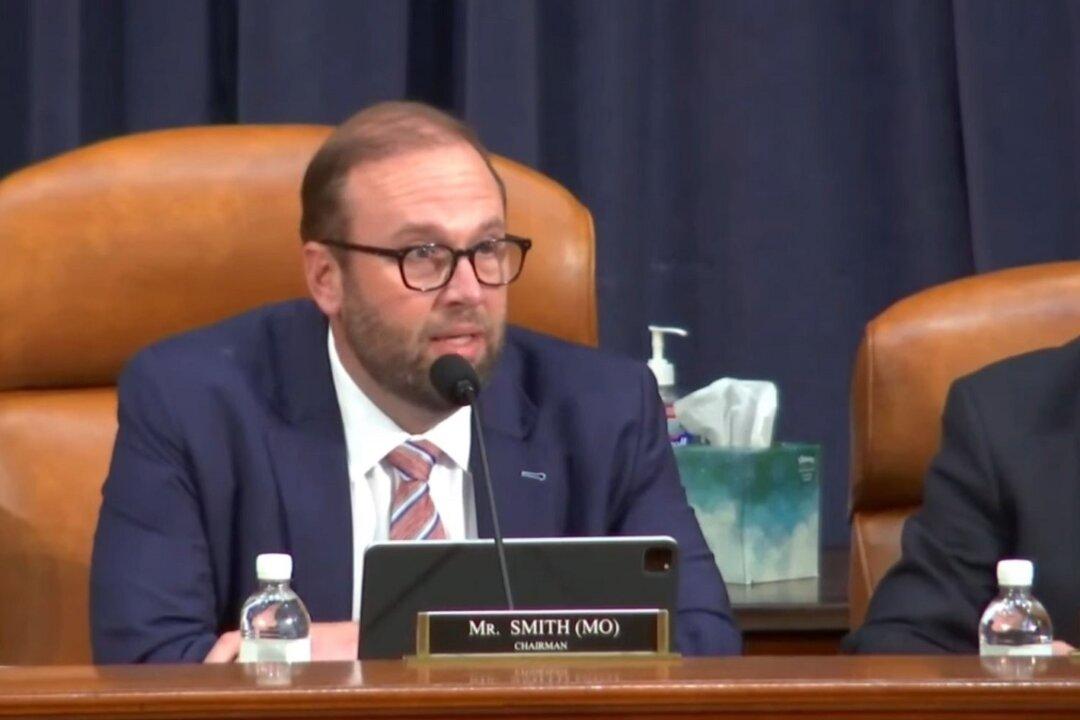A House panel on Jan. 19 approved a bill that would provide $78 billion in business and child tax breaks, sending the measure to the chamber’s floor.
In a bipartisan 40–3 vote, the House Ways and Means Committee advanced the Tax Relief for American Families and Workers Act of 2024.





